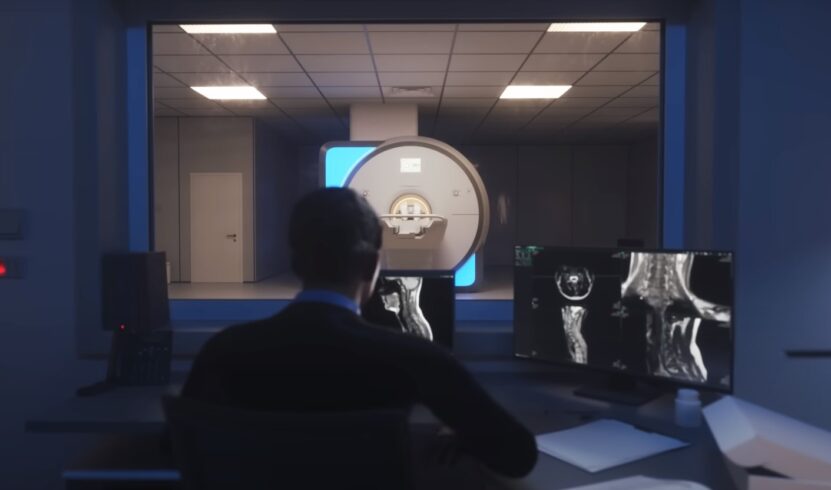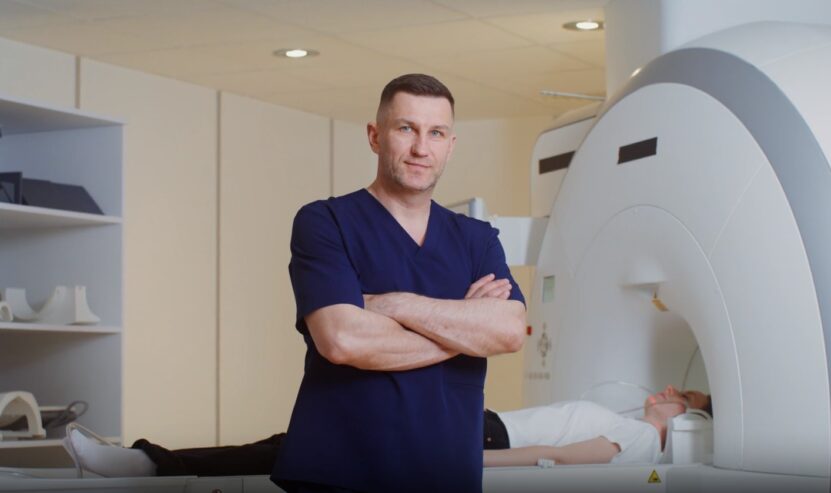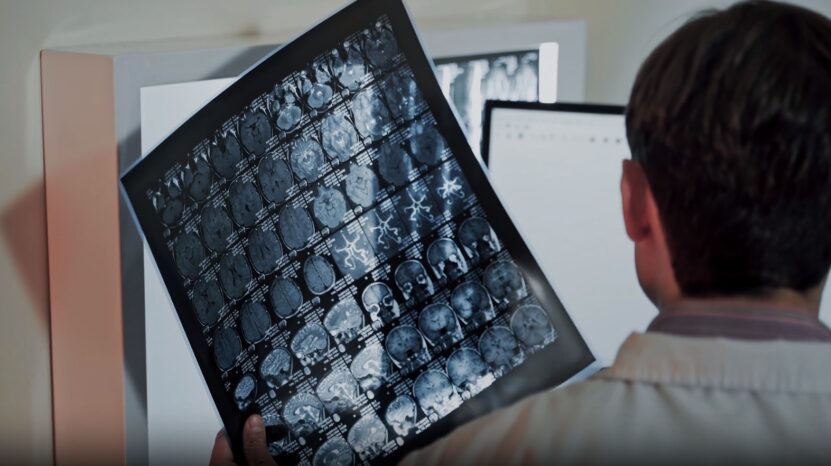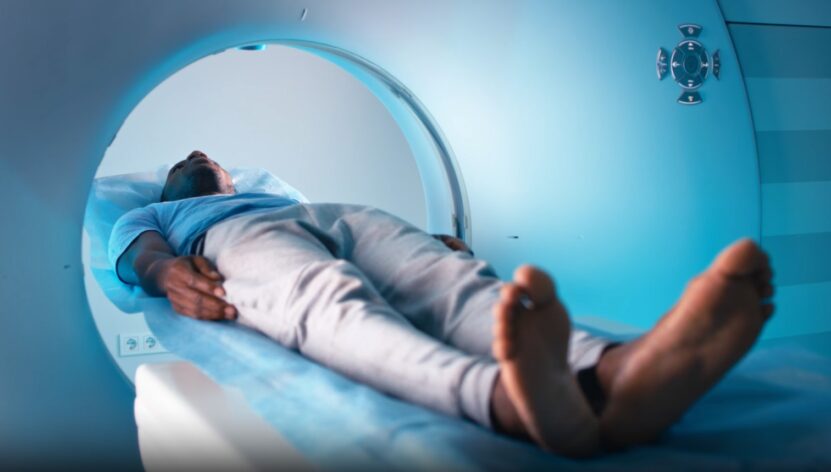Magnetic Resonance Imaging (MRI) technologists stand at the forefront of modern diagnostic imaging. These professionals play a critical role in healthcare, combining technical prowess with patient care to deliver vital insights into medical conditions.
Are you drawn to a career where cutting-edge technology meets healthcare? The journey to becoming an MRI tech promises both challenges and rewards.
It involves rigorous training but leads to a fulfilling role in a growing field. In this article, you will learn:
- The necessary educational requirements and programs to start your career.
- Key skills and certifications essential for technicians.
- Insights into the job outlook, salary potential, and opportunities in healthcare for MRI technologists.
Let’s talk about what it takes to launch a successful career as an MRI technologist and the impact you can make in the medical world.
The Role of an MRI Technologist

At the heart of the MRI technologist’s role is the skilled operation of MRI machines, sophisticated devices crucial for diagnostic imaging.
These professionals are responsible for producing clear and accurate images that play a pivotal role in diagnosing a variety of medical conditions.
MRI technicians work closely with patients, guiding them through the imaging process. This interaction demands not only technical expertise but also a compassionate approach, ensuring patient comfort and understanding.
It’s a role that blends intricate machinery with human empathy, making it unique in the healthcare landscape. Moreover, MRI technologists collaborate with other healthcare professionals, contributing valuable insights into patient care.
Their expertise in diagnostic imaging is essential for developing effective treatment plans, showcasing the integral role MRI techs play in modern medicine.
Educational Pathways and Programs

Starting a career as an MRI technologist begins with the right education. Typically, aspiring MRI techs start with an associate’s degree in radiologic technology or a related field.
This foundational education covers key areas like MRI physics, anatomy, and patient care, providing a solid base for specialized training. MRI programs specifically designed for this profession offer more focused training.
These programs, ranging from one to two years, equip students with in-depth knowledge of MRI procedures and safety protocols.
It’s crucial to choose an accredited program, as this ensures the curriculum meets industry standards and prepares you for certification exams.
Selecting the right MRI tech program is a pivotal step. It’s not just about meeting educational requirements but also about laying the groundwork for a successful career in diagnostic imaging.
Accredited programs often include hands-on training, giving students a taste of real-world scenarios in healthcare facilities.
Gaining Essential Skills and Experience

When it comes to diagnostic imaging, technical skills are paramount. MRI technicians must master the details of MRI machines and understand how to operate them efficiently and safely.
This technical know-how is vital for producing high-quality images that aid in accurate diagnosis. Beyond the technical aspect, strong communication skills are essential.
MRI technologists interact with patients daily, explaining procedures, addressing concerns, and providing reassurance. Effective communication fosters a comfortable environment for patients, many of whom may feel anxious about the imaging process.
Gaining practical experience is equally important. Many aspiring MRI technicians start by seeking internships or entry-level positions in healthcare facilities.
This real-world exposure complements their academic knowledge, offering a glimpse into the day-to-day responsibilities of MRI techs.
It also provides an opportunity to observe and learn from experienced professionals, honing skills that are crucial for patient care and medical imaging.
Certification and Licensure

Achieving certification is a critical step for aspiring MRI technicians. Most employers require certification, which validates your expertise and commitment to the field.
The American Registry of Radiologic Technologists (ARRT) offers a credentialing exam for technologists, which assesses your knowledge and skills in MRI procedures and patient care.
The path to certification involves meeting educational requirements and passing the ARRT examination.
Once certified, technicians must adhere to ongoing education to maintain their credentials, ensuring they stay current with advancements in MRI technology and patient care practices.
Licensure requirements vary by state. Some states require technicians to be licensed, while others may have different regulations.
It’s important to research the specific requirements in your state or the region where you plan to work.
Knowing and fulfilling these legal requirements is as essential as gaining the technical skills and certifications for a successful career as an MRI technician.
Job Outlook and Opportunities

- Positive Growth: The demand for MRI technicians is growing, driven by advancements in medical imaging technology and an aging population requiring more diagnostic services.
- Diverse Settings: MRI technologists find opportunities in various healthcare settings, including hospitals, outpatient clinics, and specialized imaging centers.
- Salary Prospects: The average annual salary for MRI technicians is competitive, with potential increases based on experience, location, and additional specializations.
Advancing Your Career
- Specialization Options: MRI technologists can specialize in specific areas of diagnostic imaging, enhancing their expertise and job prospects.
- Continued Education: Pursuing advanced degrees or certifications can open doors to supervisory or teaching positions within the field.
- Networking and Professional Development: Engaging with professional organizations and attending conferences can provide valuable networking opportunities and insights into emerging trends.
MRI Technologist Career Path
| Career Stage | Requirements | Opportunities |
| Entry-Level | Associate’s degree, Certification | Hospitals, Clinics |
| Mid-Level | Additional certifications, Experience | Specialized Imaging Centers, Teaching |
| Advanced | Advanced degrees, Specialized training | Supervisory roles, Research positions |
FAQs
Can I become an MRI technologist with an online degree?
Yes, you can start your journey with an online degree, provided it’s from an accredited program. However, hands-on clinical experience is essential and must be completed in person.
Are there any age restrictions for becoming an MRI tech?
There are no age restrictions. However, candidates must meet educational and certification requirements, regardless of age.
Do MRI technologists need to be physically fit?
While there’s no specific fitness requirement, the role can be physically demanding, involving standing for long periods and occasionally assisting patients.
How long does it typically take to become fully certified as an MRI tech?
After completing a 2-year associate’s degree, it typically takes an additional 1-2 years of specialized training and experience to become fully certified.
Is it mandatory to have a background in science to enroll in an MRI program?
A science background is beneficial but not mandatory. Most programs will cover necessary scientific principles, but prior knowledge can be advantageous.
Can MRI technologists transition into other medical imaging fields?
Yes, they can transition into other imaging fields, such as CT or radiography, often with additional training or certification.
Closing Thoughts
Becoming an MRI technologist is a journey that combines technical skills, patient care, and continuous learning.
From obtaining the right education and certifications to developing essential skills, each step is crucial in shaping a successful career in this dynamic field.
- The journey begins with an accredited program, laying the educational foundation.
- Certification and licensure are key milestones, marking your expertise and commitment.
- The evolving landscape of healthcare provides technicians with a promising job outlook and diverse career advancement opportunities.
As MRI technology continues to advance, the role of technicians becomes ever more integral in healthcare.
For those considering this career path, the next step could be exploring accredited MRI programs or seeking mentorship from professionals in the field.
Start this rewarding journey, and you could soon be at the forefront of medical innovation, making a real difference in patient care.
